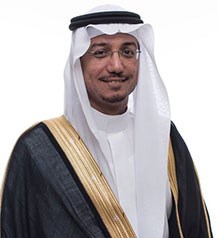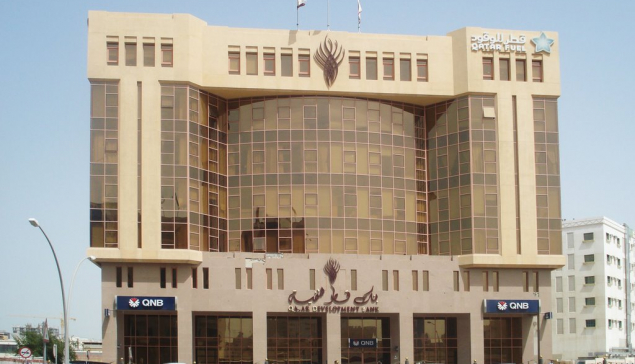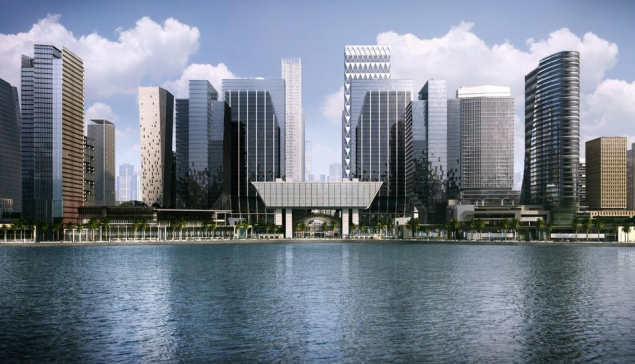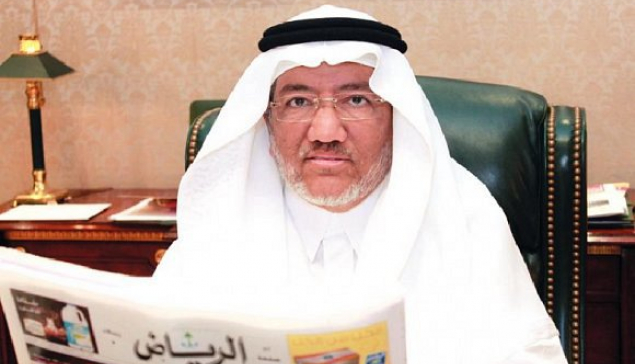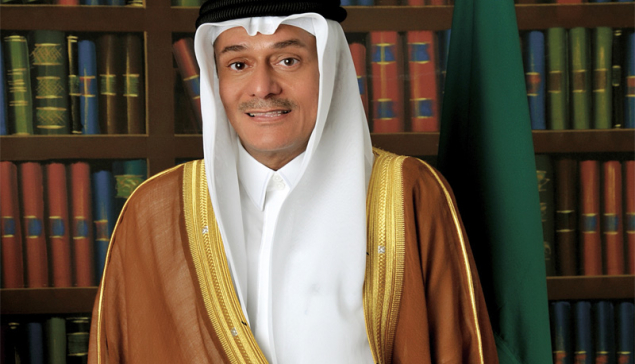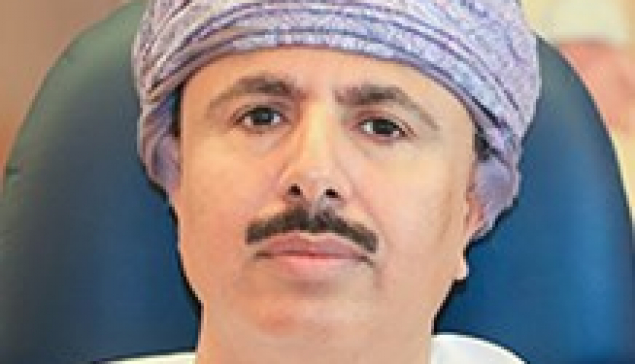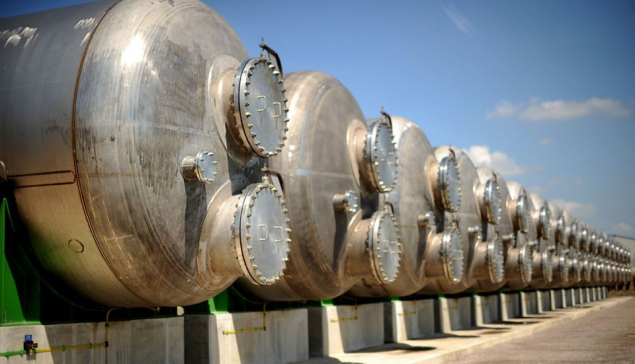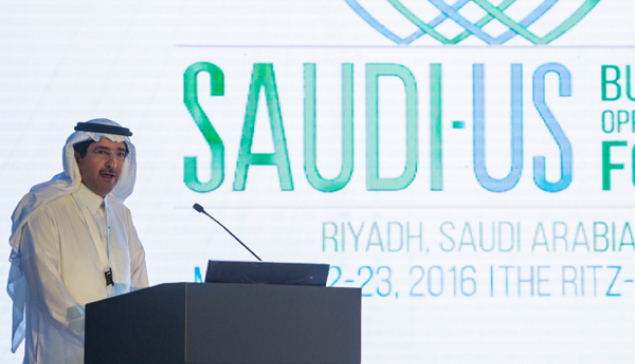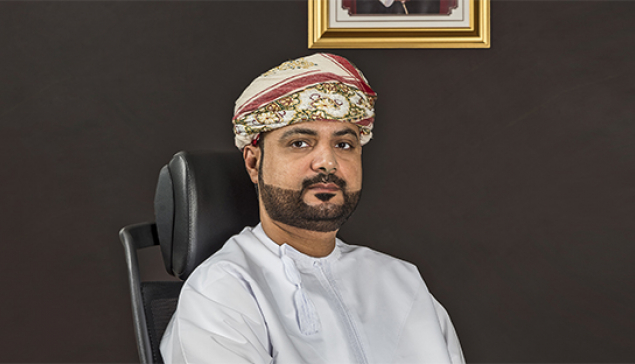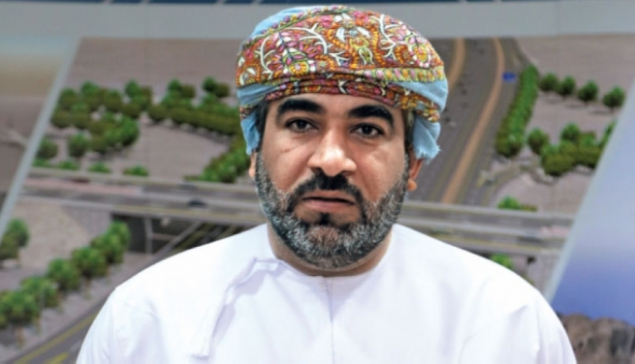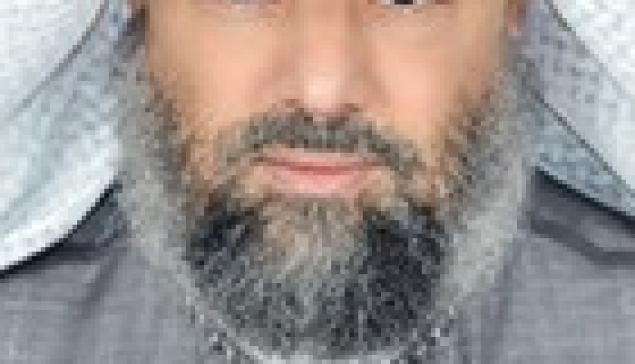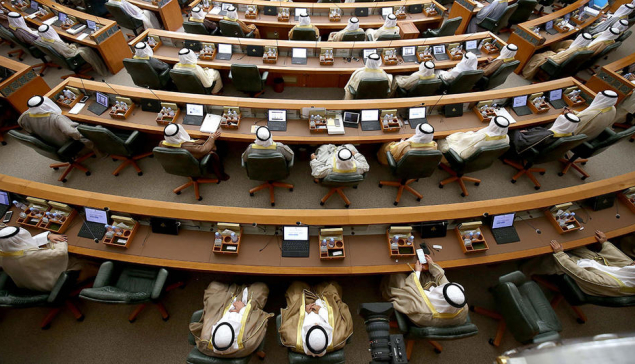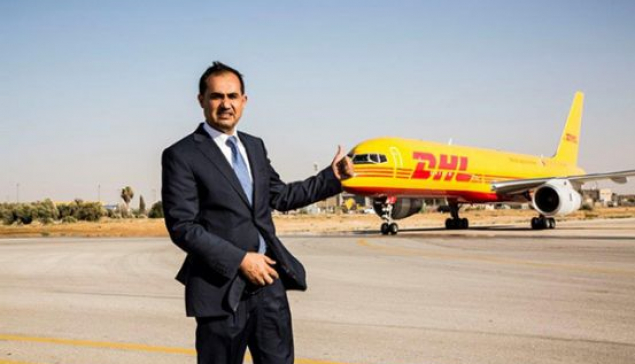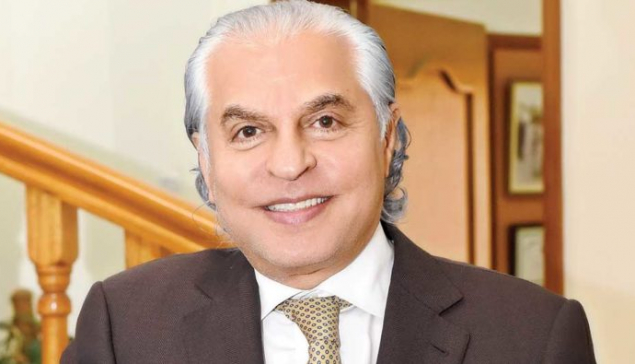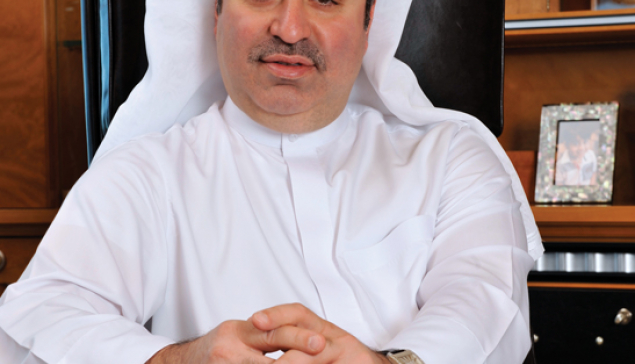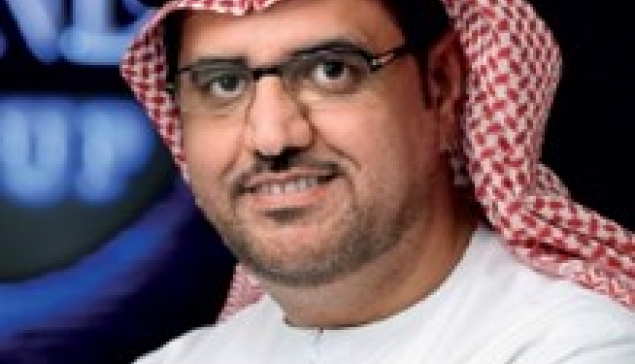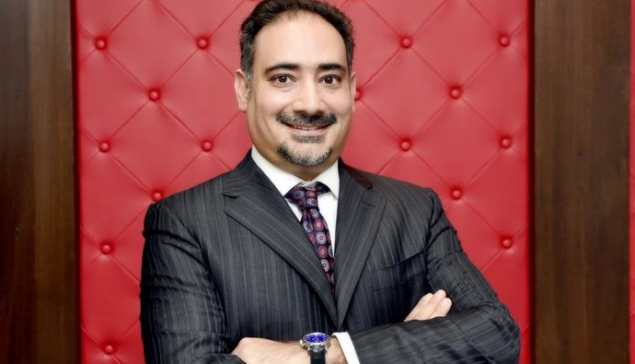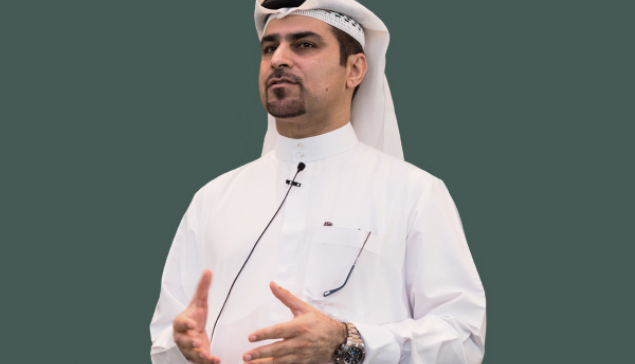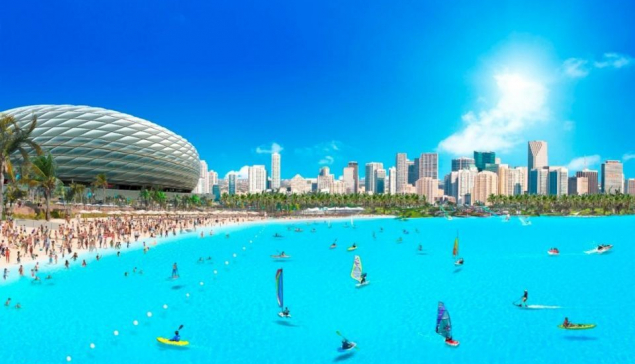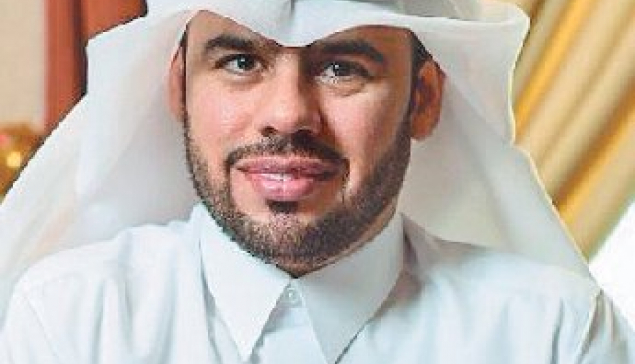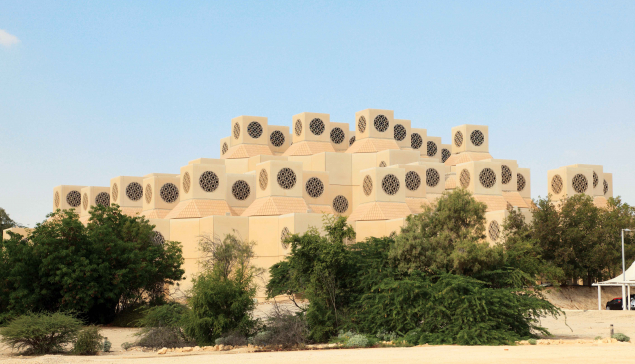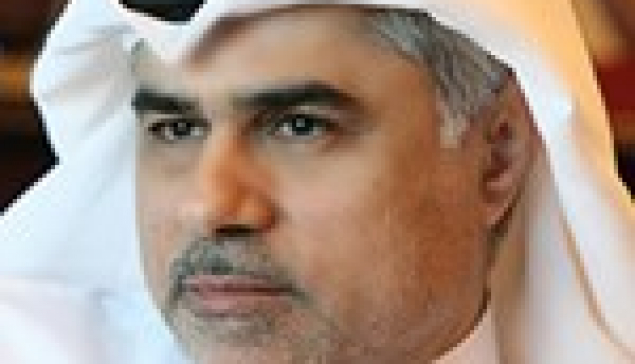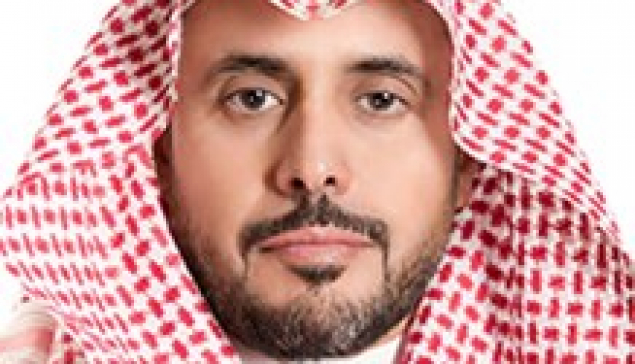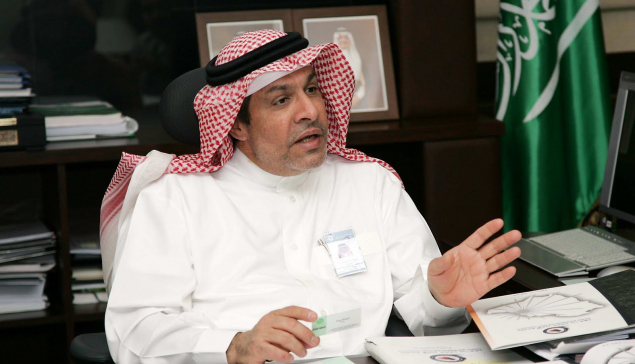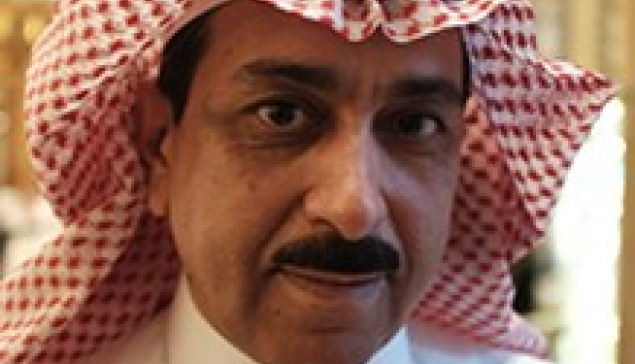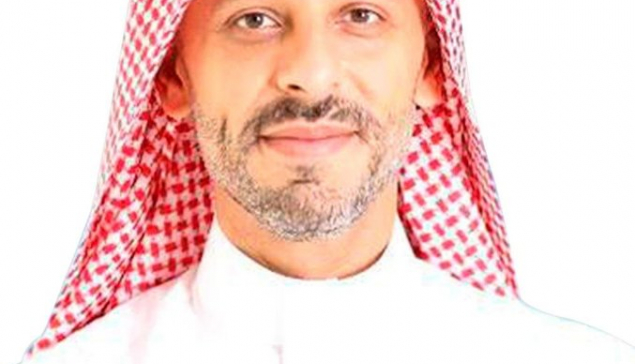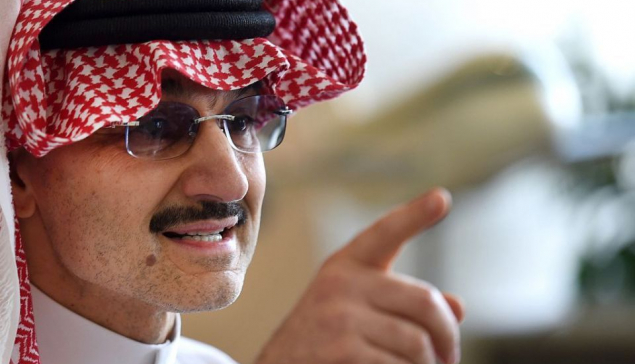The country is moving further toward corporatization and privatization, and it is seeks to do so with as many entities as possible. The government wants to see a dramatic increase in performance and service quality in all areas. The idea is to develop financially independent, sustainable companies that provide high-quality services to stakeholders across Saudi Arabia. Our main customers are the airlines flying over Saudi airspace or transiting through the country. The split from GACA has empowered us to become a leaner and more efficient company. We now collect our air navigation charges from airlines sooner, ensure we provide a better service, and have catalyzed a company-wide improvement in all areas of our operations with safety as our top priority. A consultancy firm assisted us with this process and helped us develop and implement new policies and procedures for all the different departments. Now, we focus more on our human capital and changing the culture and mindset of our people. We used to operate as a government-owned entity and now need to make sure all our employees work with a new private-industry mindset. We have put in place a new performance management framework to ensure everyone in the company hierarchy has key performance indicators and targets. We want them to know exactly what their responsibilities are so they can achieve their specific objectives, thereby achieving the vision and the mission of the company.
What will be the specific operational changes facing Saudi Air Navigation Services Company moving forward?
SANS will continue its duties to offer users of Saudi airspace with all the required services at the highest quality standards to navigate safely during their flight operations. As traffic grows quickly in the Middle East, Saudi Arabia takes a great portion of the regional traffic. Therefore, SANS is planning to redesign the airspace structure to increase the capacity and improve the efficiency. This effort will include heavy investment in the empty quarter area serving thousands of future flights crossing Saudi Arabia. We will also coordinate with the neighboring ANSPs to ensure strong relationship specially in with GCC countries. We will be working together to ensure strong quality of services across the region. One of the promising project that is still under discussion is developing a unified upper FIR between GCC countries. This kind of collaboration will help smooth the regional and international flow of the traffic. Furthermore, SANS will support the development plan of the Saudi airports. We will raise our presence in local airports adding more tower and approach services. We will increase working hours in the growing airport such as Hail, Yanbu, and Al-Ahssa to meet traffic demand.
How do you plan to fund some of these new initiatives, and how quickly do you plan to become fiscally independent from the government?
Moving forward, we have to fund every project ourselves. We have even funded a number of smaller projects we began a few months ago. We have a number of strategies to raise capital. Air Navigation's global strategy is based on cost recovery. This means we are allowed to cover our cost plus a small margin of around 10%, and to be used for developments and upgrades. We have made certain agreements with local banks in the event we need extra funds for special projects. The other option in case of major capital investment would be through increasing tariffs. Moreover, there are several initiatives aiming at cost optimization and also increasing non-aeronautical revenues.
What impact will the expansion of airport infrastructure have on the industry in Saudi Arabia?
We have a close relationship with all the airports in the country. Every month we generate traffic volume projections because we need to ensure we have enough controllers, engineers, and technicians to cope with the traffic. In order to cope with traffic growth, we seek to optimize airspace restructuring to ensure that traffic moves as efficiently as possible. We expect it will take some time to scale up once the new airport plans are completed. We have to provide all the new systems for any new airport plan, and sometimes even newer systems are required to optimize the airports operations. We coordinate closely with airports all across the country to ensure that our strategies are aligned. We want to implement new systems and operate on a timely basis so we can serve these airports better.
How did Air Navigation achieve its rate of Saudization, and what lessons can be learned from your experience by the rest of the economy?
The company is more than 90% Saudis while the air traffic controllers are 100% Saudis. This was achieved by developing and implementing a solid recruiting plan. In the past we recruited directly from high schools; however, in the last one or two years we have established a fast-track program. In this program we take students with good English that meet a certain level and enroll them straight in the ATC program. By ensuring that we have strict selection criteria for controllers, which is a job that requires a special mindset and aptitude, we have had a higher success rate. In engineering and maintenance, we still have some expats to help, but the majority of the workers are Saudis. We maintain this by enrolling them in a high-quality training program. By having a strong career training program in place, we have managed to make great strides in Saudizing this sector. We are considering recruiting female staff as well, and this could happen soon. Part of the 2030 vision calls for involving women in the economy to a much larger degree and we seek to play a part in this.
What does the year ahead look like for Air Navigation?
We are very optimistic about 2017 and have ambitious programs in the pipeline. We have to ensure that the culture of the company is more private-sector oriented. The entire corporate mindset needs to be changed. We need to ensure that our employees recognize that the company will operate differently as a private entity, and we want this recognition to change their behavior. We have set up a new unit called customer relations management, and this unit will take care of all the complaints and suggestions from our customer and stakeholders. We will also hold periodic (twice or three times annually) meetings with the airlines to know what their expectations and needs are, and on top of that we will work to improve safety to the highest levels. This is a unique year for us.
- Super User
- Trade & Services
- Hits: 1957
